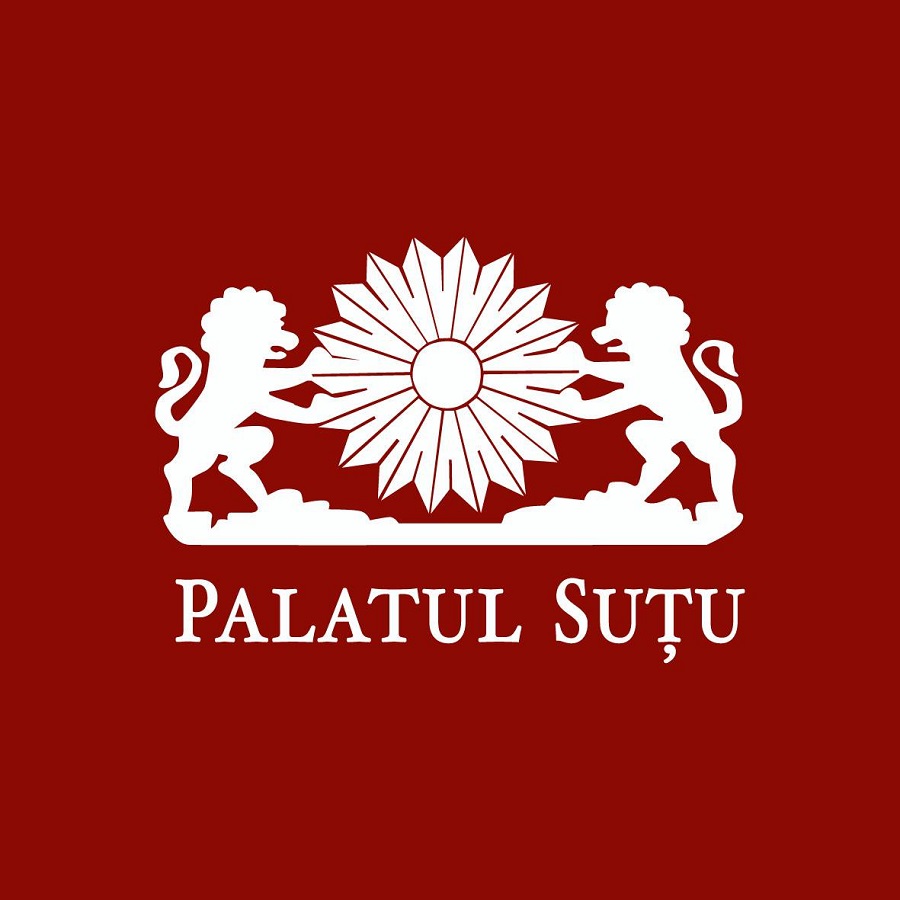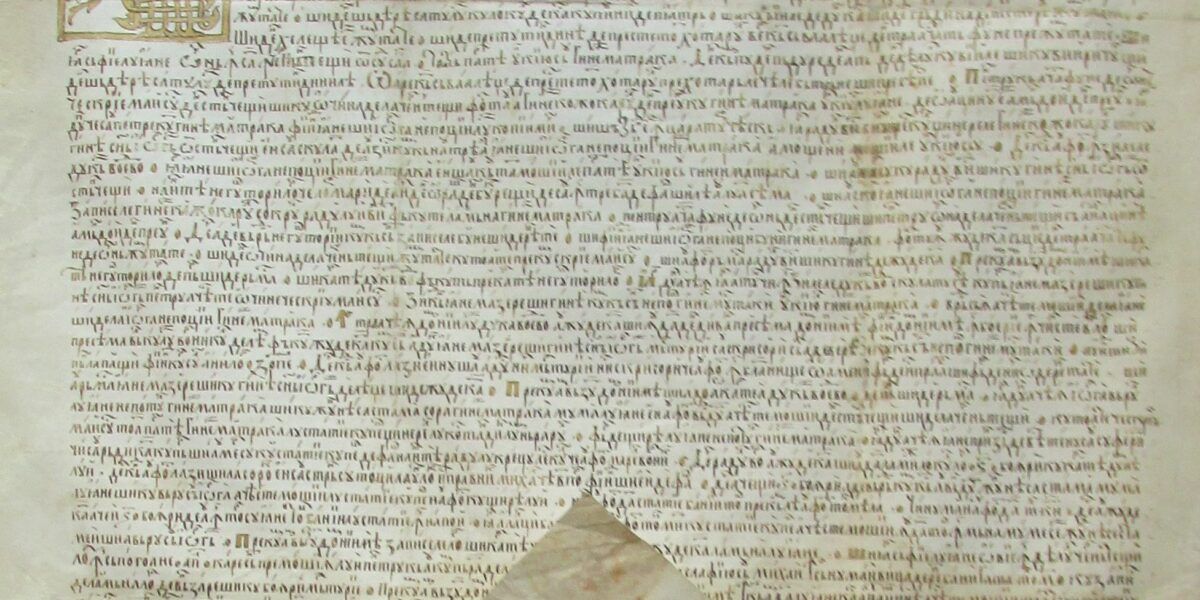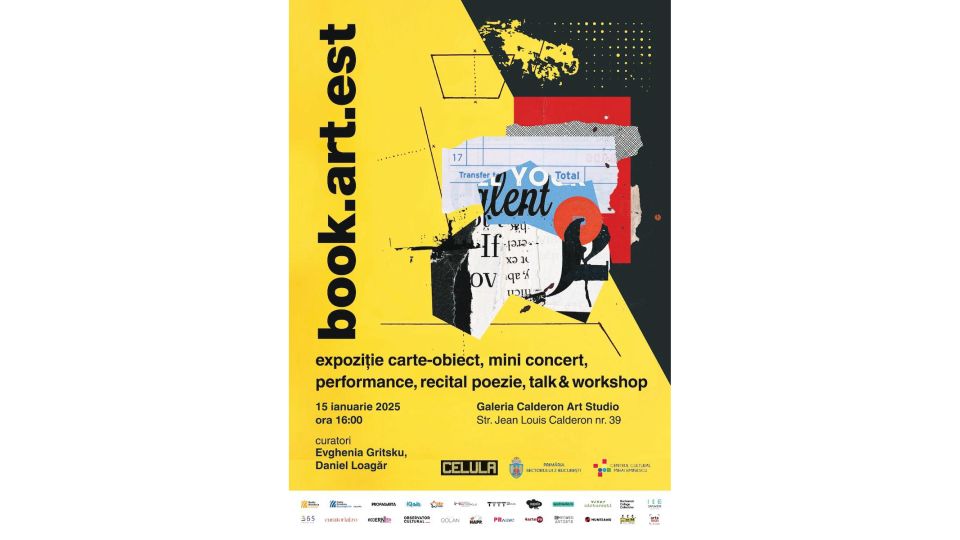Paul Celan Centennial
'Celan 100 – Between the Words' is an exhibition at the Austrian Cultural Forum in Bucharest celebrating 100 years since the birth of poet Paul Celan

Ion Puican, 04.07.2020, 14:00
Celan 100 — Between the Words is an exhibition at the Austrian Cultural Forum in Bucharest celebrating 100 years since the birth of poet Paul Celan, in November 1920. the exhibition displays documents that capture the brief existence of the great poet and translator, reviewing the highlights of his life in a historical context.
Andrei Popov, deputy director of the Austrian Cultural Forum in Bucharest, recalled for Radio Romania the time when Celan lived in Vienna:
“Even though Paul Celan did not stay in Vienna for too long, and in spite of the difficult conditions in terms of the political and social context of the time, those seven months in 1947 and 1948 spent in the capital of Austria are essential for the poets future creative endeavors. Here he met another great figure in Austrian and European literature, poetess Ingeborg Bachmann, and a love story ensued, resulting in a famous attraction-rejection situation. Their exchange of letters would leave a strong imprint on the poems Celan wrote during his Vienna period. The correspondence between the two is the subject of an excellent movie, The Dreamed Ones, by the renown documentary maker Ruth Beckemann, which the Austrian Cultural Forum in Bucharest had the joy of screening exclusively, free of charge, on its website during the pandemic.”
The exhibition Celan 100 — Between the Words was launched on the Facebook page of the forum, as well as on that of the National Museum of Romanian Literature. It was available in bilingual Romanian with French, and German versions. At the same time, they made available a graphic on-line version, in several languages, such as German, Italian, and Turkish. Here is Andrei Popov with more information:
“At the Austrian Cultural Forum in Bucharest we prepared for a long time to set up this celebration of poet Paul Celan on his 100th anniversary. We wanted this event aimed at the Romanian audience to go beyond the countrys borders, which in fact happened. Together with the National Museum of Romanian Literature and the German language department of the University of Bucharest, with support from the Austrian Ministry of European and International Affairs, we made happen the Celan 100 — Between the Words exhibition. It touches briefly on all the most important stages in the life and creation of Paul Celan, analyzing not only his evolution, but also the historical contexts for it. The exhibition can be seen right now at the National Museum of Romanian Literature, and, when things revert to normal, we will be traveling throughout the country. In addition, it will be translated in several other languages, and be seen in other European capitals and cities, such as Budapest, Kiev, Istanbul, Paris, Rome, and Warsaw, thanks to the Austrian Cultural Forums there. Until the exhibition will physically reach visitors, we have a virtual tour in five languages, it is available on a dedicated platform by the Austrian Ministry of European and International Affairs.”
The Paul Celan Centennial includes a series of commemorative events. Among them are the screening of the feature length movie To the South of my Soul, shot by Frieder Schuller between 1986 and 1988. The movie covers the years spent by Paul Celan in Bucharest, and follows the creation of his best known poem, The Run of Death. Another event part of the centennial is a poetry contest for youth. The Romanian Cultural Institute in Stockholm and the Ghoethe Institute in Sweden launched in March a contest of poetry for Swedish high school students in order to highlight the originality and complexity of the poet.
Je suis la poesie is a digital project in Brussels, a project bringing together 10 artists, 9 Romanian poets, and a visual artist, with an invitation for all to take part, including anonymous participation in a cultural dialog with Paul Celan at its center.
Paul Celan is the pen name of Paul Peisah Antschel, born on November 23, 1920, in Chernowitz, presently in Ukraine, who died on April 20, 1970, in Paris. He is considered one of the greatest poets of the world in the modern period. Celan lived in Austria, then Romania, then France. He wrote in German,and translated into German literature written in Romanian, Portuguese, Russian, English, and French. He translated into Romanian the short prose of Franz Kafka, and was a contributor to the prestigious 20th Century magazine.






























